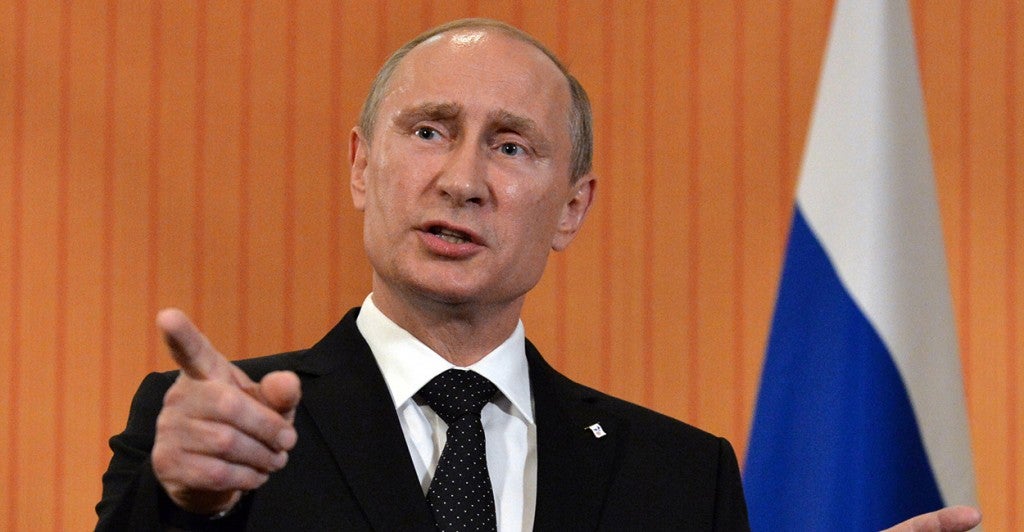The reforms demanded by the International Monetary Fund and European Union provide the best chance for Ukraine to overcome the legacy of socialism and corruption that have left its people impoverished and its economy the least free in Europe.
Like any country populated with real people with diverse backgrounds, needs and skills, Ukraine’s political and economic problems are complex. They won’t be solved with quick fixes or magic bullets.
Here’s the problem in a nutshell. Ukraine has never had an open, market-based economy.
From the Soviet era on, the basic political and economic bargain has been this: A small group of elites and oligarchs have used the power of the state to enrich themselves, maintaining political control by buying off the lower classes with a variety of wage and price subsidies. Lost in the shuffle? The middle class, and any opportunity for sustainable growth or advancement.
Such regimes are all too typical. We’ve seen them in Eastern Europe, Russia, China, the Middle East, Africa, Asia and Latin America — anywhere the fantasies of Marxist socialism have held sway. They can sustain themselves for a while, burning up the economic and social capital of the past, but the internal contradictions lead inevitably to reduced productivity, economic stagnation and social upheaval. Ukraine is but the most vivid current example.
Enter the IMF and the EU, with demands to break with the corruption of the past and integrate Ukraine’s economy with the modern world. This in exchange for financial assistance that may total $30 billion or more.
Critics see in such assistance a form of economic blackmail and forced austerity that will hurt the poor. And yet they offer no alternative beyond perpetual dependency for Ukraine, consigning it to become a sort of ward of the West.
The IMF and EU at least offer a path to a more prosperous and independent future. The reforms they advocate are aimed at creating a free enterprise-based economy that can integrate successfully in the modern global market.
Above all, this means getting the prices right. Ukrainians have been paying $85 for one thousand cubic meters of natural gas versus the more typical $400-500 elsewhere in the region. Wage rates for the poor have been set by the government to rise faster than productivity. Exchange rates have been pegged artificially high, subsidizing consumption at the expense of investment and growth.
Undoing these distortions will be hard. No doubt it hurts those who have been heavily subsidized in the past to pay something approaching a more typical market price for vital commodities.
Productivity increases require real changes to education, training and lifestyles that can be difficult. Still, unless the artificial conditions created by government policies are removed, there will be no possibility for Ukrainians to compete effectively in Europe and attain a standard of living more typical of the region.
Ideally, the difficult reforms required in a country like Ukraine would be undertaken gradually over decades. For Ukraine, they should have started in 1991. They didn’t. Leadership matters, and Ukraine’s post-independence leaders had neither the skill nor the will to implement the necessary reforms. Now the country’s new leaders have to act in a crisis atmosphere with Crimea lost, Soviet troops massed in the east and creditors knocking at the door. This compounds the difficulty, but provides no excuse for inaction.
By linking financial support to policy reforms, the IMF and EU have provided incentives for change. It remains to be seen if Ukraine can follow through. With Russia waiting in the wings and the United States seemingly offstage altogether, the climate could hardly be worse. Yet it is the climate in which Ukraine must act. The IMF and the EU have boosted the chances for success, but the outcome will depend above all on the Ukrainians themselves.
Originally distributed by McClatchy-Tribune News Service.
